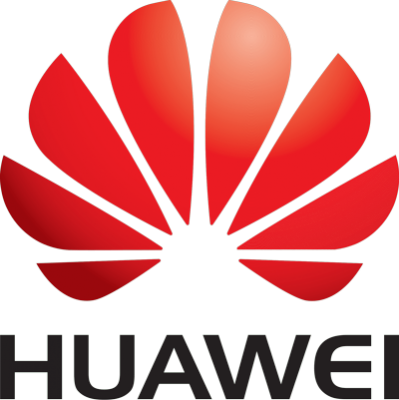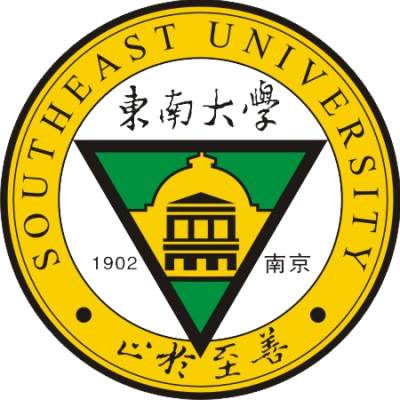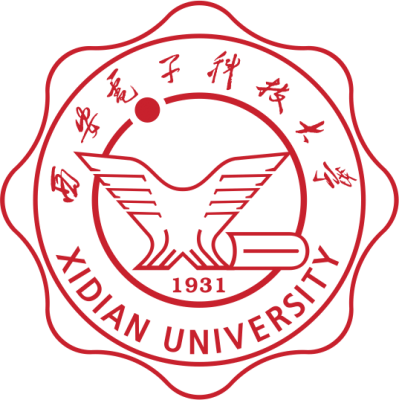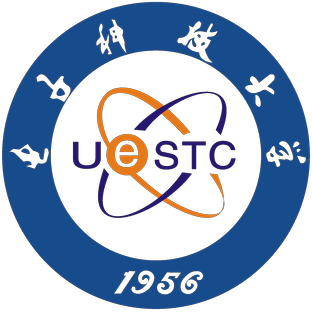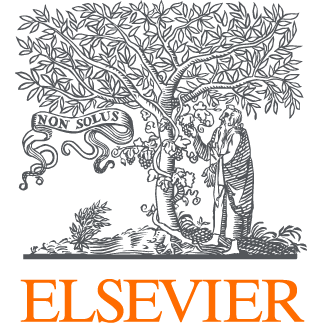Call for Paper (PDF Version)
In addition to enhancing broadband services, the fifth generation (5G) wireless communication systems will address the needs of ultra-reliable and machine-to-machine communications since the majority of wireless connections in the near future will be autonomous machines and devices rather than human operated terminals. It is expected that 5G technologies will have a substantial impact on enormous number of applications ranging from industrial control, autonomous transportation, virtual and augmented reality, health care, and power grid, just to name a few. In these applications, the 5G systems are envisaged to support latency-aware services, and, in particular, support the ultra-reliable and low-latency communications (URLLC) scenarios which have strict requirements in terms of latency (a few milliseconds end-to-end latency) and reliability (99.999%). To this end, substantial efforts have to be made for theoretical study, standardization, system development and test, and it requires seamless collaboration between the academics and their industrial partners. Latency-aware communication such as URLLC brings new research challenges in the design of channel and source coding, air interface, resource allocation, network protocol, core networks and the integration with existing wireless/wired communication systems. The recent advances in information theory have revealed the fundamental tradeoffs between delay, throughput and error probability for finite block length codes. The novel designs in the next-generation communication systems should explicitly take into consideration the tripartite tradeoffs together with processing and queuing delays, so as to provide guaranteed quality of service including not only throughput but also latency and error rates. While there has been a surge of research efforts to address the URLLC from various aspects, gaps between theory and practice are still huge. It is still unclear how the theoretical designs can be applied to guide the development of practical wireless systems that can support the stringent latency and reliability requirements. Moreover, fundamental understanding for the multiuser and/or multi-hop URLLC network is also lacking, which is important for Beyond 5G.
This workshop aims to bring together experts from both academics and industries to find solutions for low-latency communications, focused but not limited to URLLC, from both theories and real-world system designs. In particular, this workshop features five keynote speakers who will give talks with topics ranging from fundamental theories of URLLC to practical system designs for realistic URLLC scenarios. Besides researchers from the academics, the workshop also invites several senior researchers from the industries as the technical program committee (TPC) members. We solicit original research papers with topics include, but not limited to, the following issues:
-
Fundamental limits of short-packet low-latency communications from information or network theoretic approaches
-
Analysis for tradeoff between data rates, latency, and error probability
-
Optimized packet scheduling and resource allocation for URLLC
-
Age-of-information for short-packet low-latency communications
-
Edge computing and low-complexity algorithms for URLLC
-
New transmission design for heterogeneous traffics of short-packet and human-centric communications
-
Short-packet low-latency communications with multiple heterogeneous users and related game-theoretic designs
-
Novel multiple access protocols for URLLC (e.g. grant free transmission, massive connection, etc.)
-
Low-latency streaming codes for interactive multimedia communications
-
Latency-aware distribuend learning and networked control
Submission Guideline: see http://icc2019.ieee-icc.org/authors/call-workshop-papers
Submission link: https://www.edas.info/newPaper.php?c=25632
Deadlines:
-
Paper submission deadline on EDAS (Final): 2 Feb, 2019
-
Paper Acceptance Notification: (Final): 1 March , 2019
-
Final manuscripts due: 22 March 2019
-
Workshop date: 20 May 2019
TPC Chairs:
-
Tsung-Hui Chang, The Chinese University of Hong Kong, Shenzhen, China
-
Shih-Chun Lin, National Taiwan University of Science and Technology, Taiwan
-
Chao Shen, Beijing Jiaotong University, China




